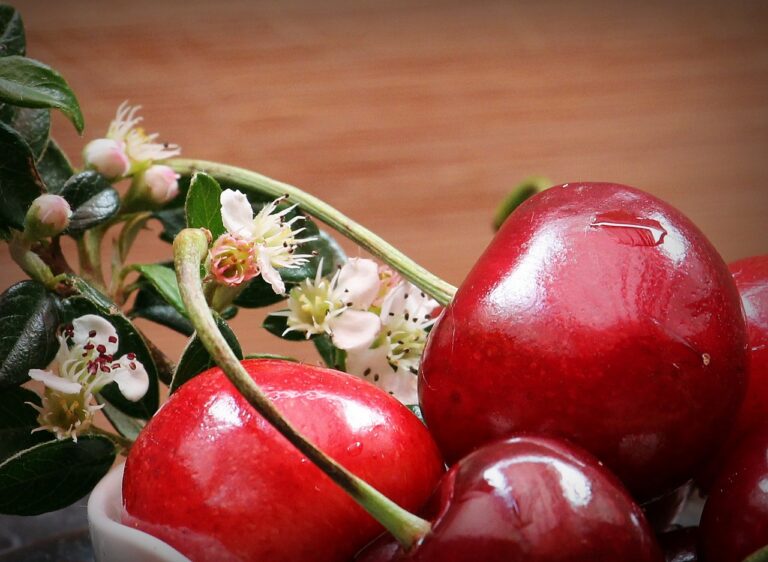How to Choose the Best Olive Oil for Roasting Vegetables: Silverexch, Goldenexch. Bet, Betbook247
silverexch, goldenexch. bet, betbook247: Roasting vegetables is a delicious and healthy way to enjoy a wide variety of produce. Whether you’re a seasoned chef or just getting started in the kitchen, choosing the best olive oil for roasting vegetables can make a big difference in the final results. With so many options available on the market today, it can be overwhelming to pick the right one. In this blog post, I’ll walk you through some tips on how to choose the best olive oil for roasting vegetables.
Selecting the right olive oil for roasting vegetables is crucial because it can affect the flavor, texture, and overall outcome of your dish. Here are some factors to consider when making your decision:
1. Consider the smoke point:
The smoke point of an oil is the temperature at which it starts to break down and produce smoke. When roasting vegetables at high temperatures, it’s essential to choose an olive oil with a high smoke point to prevent burning and maintain the integrity of the flavor. Extra virgin olive oil has a lower smoke point compared to regular olive oil, so keep that in mind when making your selection.
2. Look for cold-pressed oils:
Cold-pressed olive oils are extracted without the use of heat, which helps retain more nutrients and flavors. When roasting vegetables, you want to preserve as much taste and health benefits as possible, so opting for cold-pressed olive oils is a wise choice.
3. Check the origin:
The taste and quality of olive oil can vary depending on where the olives are grown and how they are processed. Italian, Greek, and Spanish olive oils are known for their distinct flavors and high quality. Consider the origin of the olive oil when selecting one for roasting vegetables to enhance the overall taste of your dish.
4. Choose a robust flavor:
When roasting vegetables, you want an olive oil with a robust flavor that can stand up to the heat of the oven. Look for olive oils labeled as “robust” or “intense” for a more pronounced taste that can elevate the flavors of your roasted vegetables.
5. Opt for a glass bottle:
Olive oil can be sensitive to light and air, which can affect its quality over time. To ensure you’re getting the freshest and best-tasting olive oil for roasting vegetables, choose a bottle made of dark glass that helps protect the oil from light exposure.
6. Consider your budget:
While high-quality olive oil can be a bit more expensive, it’s worth the investment for the flavor and health benefits it provides. However, if you’re on a budget, there are also affordable options available that can still work well for roasting vegetables.
In conclusion, selecting the best olive oil for roasting vegetables involves considering the smoke point, extraction method, origin, flavor profile, packaging, and budget. By keeping these factors in mind, you can choose the perfect olive oil to enhance the taste and texture of your roasted vegetables.
FAQs:
Q: Can I use extra virgin olive oil for roasting vegetables?
A: While extra virgin olive oil is great for drizzling over salads or dipping bread, it has a lower smoke point and may not be the best choice for roasting vegetables at high temperatures. It’s better to opt for regular olive oil or one with a higher smoke point for roasting.
Q: How much olive oil should I use when roasting vegetables?
A: The amount of olive oil needed will depend on the quantity of vegetables you’re roasting. As a general rule of thumb, aim to coat the vegetables evenly with a light layer of olive oil to prevent sticking and promote even roasting.
Q: Can I reuse olive oil after roasting vegetables?
A: While you can reuse olive oil after roasting vegetables, it’s essential to strain out any food particles to extend its shelf life and prevent off flavors. Store the used olive oil in a cool, dark place and avoid using it for high-heat cooking.
Q: What other seasonings can I pair with olive oil when roasting vegetables?
A: In addition to olive oil, you can experiment with various herbs, spices, and seasonings to enhance the flavor of your roasted vegetables. Some popular options include garlic, rosemary, thyme, paprika, and balsamic vinegar for added depth and complexity.







